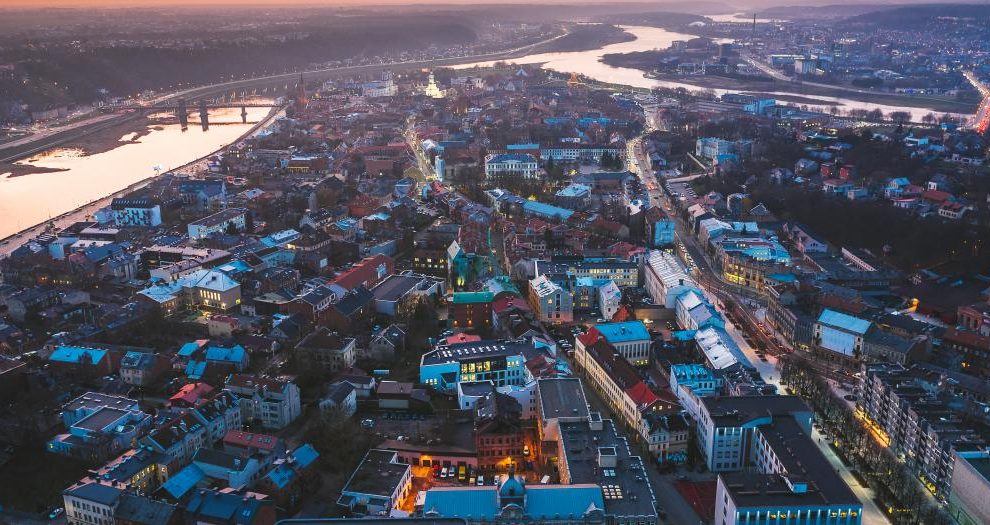Lithuania Closes Borders for 15 days due to COVID-19

Paskelbta: 2020-03-19 (Thursday)
Lithuania announced a nation-wide quarantine from March 16 to March 30
Lithuania announced a nation-wide quarantine from March 16 to March 30. During this time period, foreign citizens, except those having a residence or work permit, won’t be allowed entry. The time period may be reassessed during or after the announced quarantine. So far, fourteen cases of COVID-19 have been identified; all of them are people having returned from abroad.
Terms of the quarantine:
- foreign citizens cannot enter the country from March 16 00:00 (exempt from the ruling are those that have a valid residence permit, as well as truck drivers, diplomats, NATO enlisted and support personnel as well as their family members);
- transit of people returning to their country via Lithuanian territory is possible until March 19, 00:00;
- Lithuanian citizens are barred from exiting the country, except citizens returning to their country of residence or work;
- all mass events are banned;
- movement of goods is unrestricted;
- inter-city buses are instructed to limit the number of passengers;
- all public institutions will provide services only remotely;
- all cafes, bars and restaurants to provide takeaway services only;
- all non-essential goods retail stores to provide shipping services only;
Full list of measures under the quarantine can be accessed here.
If you are a foreign citizen planning to return to your home country during the quarantine, we strongly advise contacting your embassy immediately. Here’s a list of Lithuania-based embassies and consulates.
A set of pre-emptive measures implemented before the quarantine since mid-February helped the Baltic nation to minimize panic and mitigate the risks of contagion:
Keeping all publics informed. The Government established a uniform communication channel on January 27. All key publics (medical professionals, journalists, citizens) have a reliable source of information updated once per day.
State of Emergency drill initiated pre-emptively. Declaring a State of Emergency before the first case was even reported allowed the Government to:
- set up a state-level operations centre under the leadership of the Minister of Health;
- gain access to the federal reserve;
- simplify public procurement procedures;
- streamline the production of disinfectant materials (production started by private contractors on March 6, a total of 80,000 litres have already been produced);
- manage preventive measures at points of entry;
- declare influenza epidemic status on the municipal level to facilitate;
- help at-risk citizens to self-quarantine;
- limit mass events.
More about these and other measures can be found here.
Containment strategy at work – as of the morning of March 16, fourteen cases have been reported.
As of March 14, 520 samples in Lithuania were tested. 9176 individuals are currently under watch after returning from high-risk territories or being in contact with potential carriers.
Article by Keliauk Lietuvoje
Photo by A. Aleksandravičius






